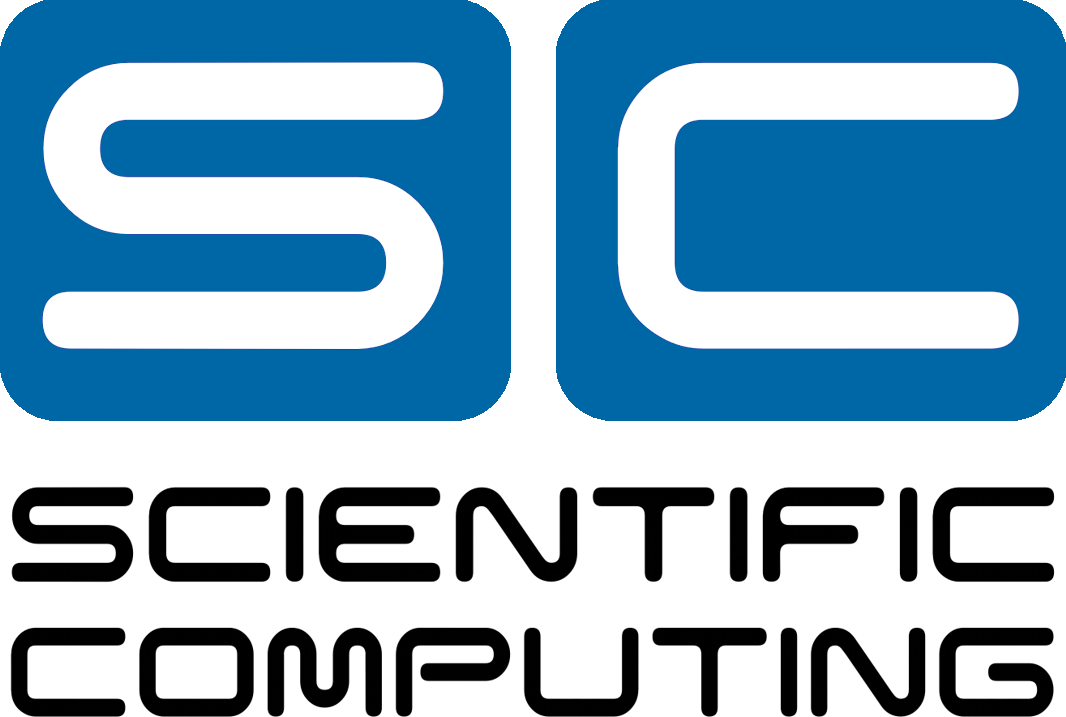Student Jobs
The Institute for Scientific Computing is looking for motivated students to support our group in its various tasks, e.g., software development or website maintenance. Our jobs offer a possibility to work on challenging and current research questions and gain experience in various fields of applications.
This page lists different job postings and open theses. Many of the job postings can also be done as a thesis. If you have an idea for a thesis in a topic relevant to our group, we are generally open to suggestions.
Please contact the relevant staff member if you are interested.
Note, this page will be continuously updated with new job offers and theses postings. For more information on a job vacancy, please click on the respective title.
Workplace
The Institute for Scientific Computing offers students a dedicated work room.
In total five workplaces are available, each with a monitor for your notebook.


